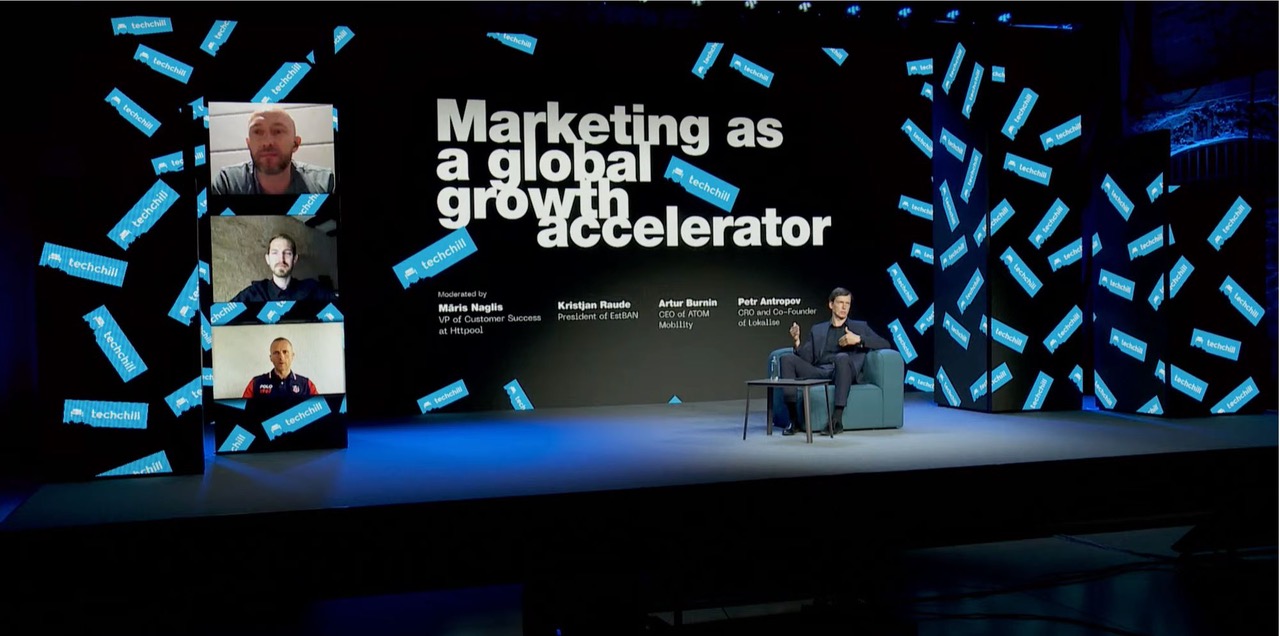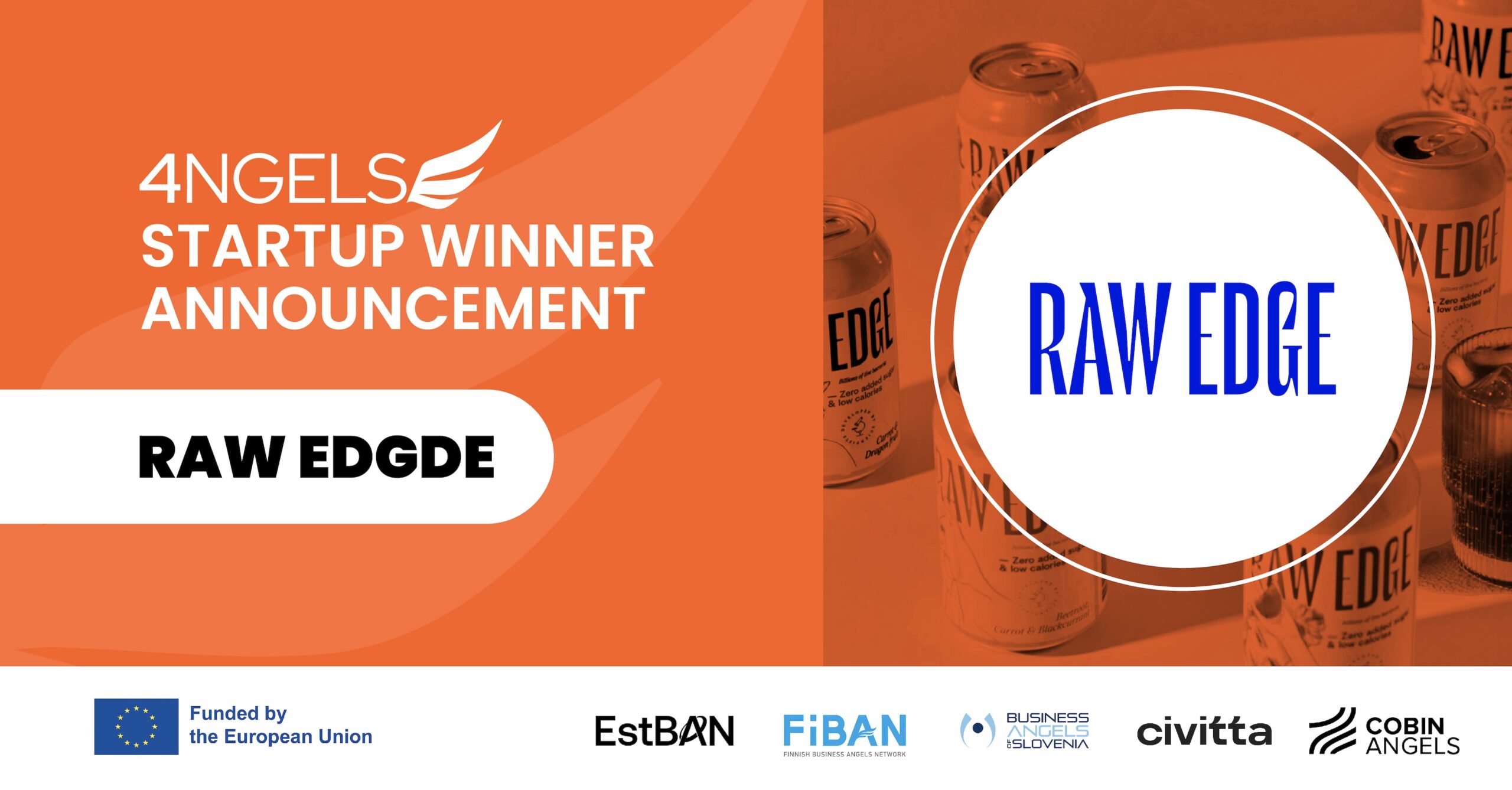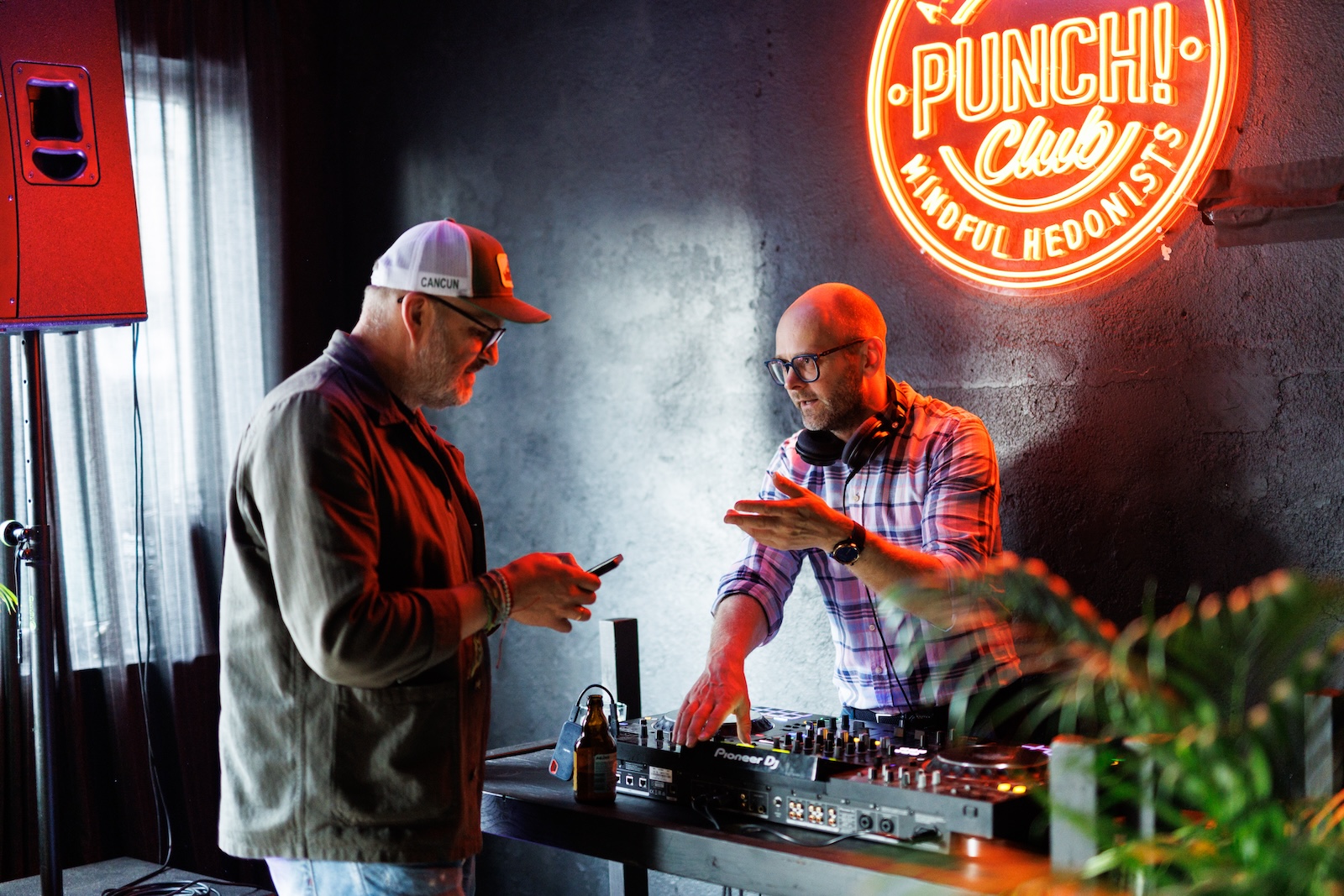Kristjan Raude, entrepreneur and business angel, Petr Antropov, CRO and co-founder of Lokalise, and Artūrs Burņins, the co-founder of ATOM Mobility , share their experience and insights about bootstrapping, raising money for advertising activities, stop-loss strategies and the success of Baltic startups in their marketing efforts during a discussion at Techchill 2021.
Is it better to bootstrap or build a company from the ground up with nothing but personal savings, and the cash coming in from the first sales, or should you consider raising funds to start your business? As Kristjan Raude explains: “It definitely depends on the situation but try to go with bootstrapping as long as you can. If you see that you have some traction, product-market fit, or unit economy in place and you don’t have enough cash for scaling, then you need to raise some funding.”
Artūrs Bruņins agrees, adding that it all depends on the type of business. In the case of B2C (business to consumer) companies, the best option would be fundraising as you need to fund the growth of your business. For B2B (business to business) companies like ATOM Mobility, it is a bit different – if the customer is not paying for the service, there is no need for huge amounts of investments, it will not change anything. Petr Antropov emphasizes that both bootstrapping and fundraising should be very instrumental: “You should be focusing on the product-market fit first! If you can grow organically without additional funds, stick to that, if not, consider fundraising. It is a delusion you can accelerate the growth of a company only by raising funds.”
Is it time to quit?
Entrepreneur and business angel Kristjan Raude point out that early-stage investing is based mostly on the pitch, the idea, the team, potential market, and clients. “In these terms, it’s all about faking it till you make it. Normally the investors stop investing if the company did not live up to its promises. And for new investors, it can be a red flag, if the previous ones have dropped out. They eventually start thinking – did they lose their trust in this idea?”
Look for the marketing channel that works for you
Carefully planned and executed marketing strategies can help you to establish your brand, distinguish it from competitors and hopefully make your business the first option to turn to when in need of a specific product.
In Kristjan Raude’s opinion, “the Baltic startups are very good at building products, but, compared to other markets, they suck at international marketing, sales, and business development.” On the contrary, Petr Antropov believes that the ability to have a strong product is an advantage, both in Eastern Europe and the Baltics in particular.
Artūrs Burņins, the co-founder of ATOM Mobility, stresses that first of all, you need to understand your customer well, and you can find the first customer without marketing at all. He believes that it’s not about the Baltics, the EU, or the USA, it’s about the company itself. This is definitely a topic where we can agree to disagree. Experienced marketers will always think twice – whether to take a risk and join a startup or stay and work in an existing company.
What investors are looking for?
“Honestly, I have never invested, because I see the potential in the financial cash flow forecast. I invest if I see the potential in the team and if the team, product, and founder are a very good fit. As a start-up goes through different stages, you have different KPIs (key performance indicators) and metrics to follow as an investor. But the most important is the speed of growth, retention, and unit economy. These are the 20% that makes 80% of the investment,” Kristjan Raude shares his experience.
It is also crucial to have an honest and transparent relationship between the investor and startup. “You should compare it to marriage. Can you trick your partner? Probably yes, but why? You need to have common sense and think about your reputation. As a founder of a startup I appreciate investors who bring an added value, knowledge, and something extra to the table,” explains Petr Antropov.




